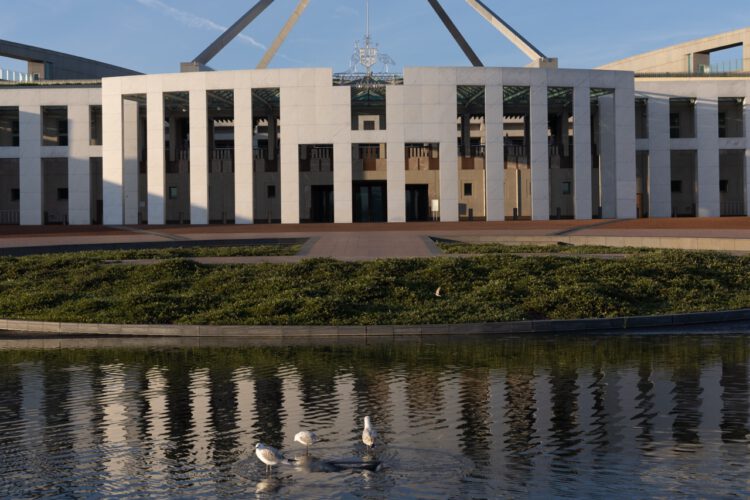On criticisms of his electoral spending changes, particularly that independent candidates are capped while political parties have another pool of money they can spend in an electorate on top of their candidate cap (the senate spend) Don Farrell says:
“Can I say that they are completely wrong about that?“
I mean, sure, he can say it. But he would be wrong.
Farrell continues:
That [way things are] at the moment, there is no cap at all on how much candidates or parties can spend.
The major parties, the Labor Party, the Liberal Party, have voluntarily capped the amount of money that they can spend on an election, so that in fact, it’s the opposite of the criticism that is being made about this legislation, we’re actually reducing the amount of money that major political parties can spend on an election, and that is to the benefit of all candidates.
And can I say this – we’ve kept the amount of money you can spend on a single electorate at $800,000 if you can’t get your message out to the Australian people with a spend of $800,000 then there’s something wrong with with your campaigning
This is going to get tiring very fast, but Farrell is deliberately ignoring that political parties CAN spend more in an electorate under these changes. While independents are limited to $800,000 an electorate, political parties can spend that, and then on top of that, they are allowed a $200,000 spend for senate candidates in every electorate a state has. Which means you can just send out a bunch of general party advertising and say its for the senate in the authorisation – while you outspend a community independent.
This doesn’t make it impossible for an independent to be elected – Dai Le did it against Kristina Keneally with just $80,000 in donations. But it’s not exactly an even playing field now is it?
